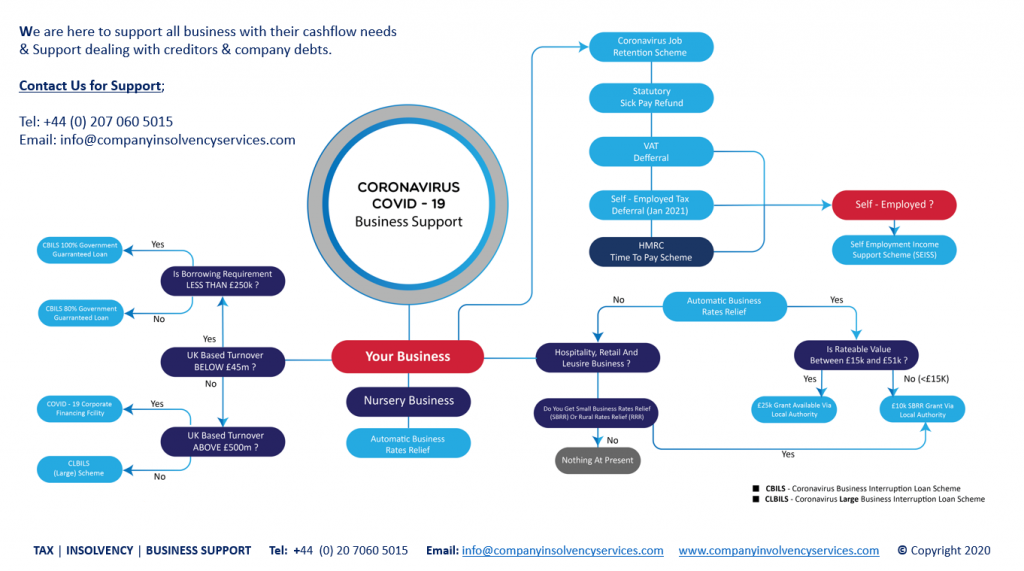Invoice discounting is a form of factoring where the business sells its invoices at a discount in return for cash. The finance provider then becomes responsible for collecting from debtors and any risks that might be associated with the debtor defaults are also transferred to the lender. A good invoice finance provider will reduce your working capital constraints, giving you more time to focus on running your business which means your turnover will increase dramatically.
How does invoice discounting work in practice?
A business can usually expect to get around 80% of the invoiced amount. The percentage will vary depending on the type of the asset (e.g. equipment, receivables).
The finance provider will make an offer for each individual invoice and if this is accepted all you need to do is submit your invoices for collection. You might be asked to sign a simple agreement or letter confirming that you are selling your invoices (this doesn’t affect your credit control function). As soon as the invoice is paid by the debtors you will receive your payment from the finance house.
You should start to see a difference within 2 weeks of working with an invoice discounter.
What are the benefits of invoice finance?
– Improved cash flow (you can plan ahead and even invest in new equipment/locations)
– No need for collateral (the risk of dealing with individual suppliers is removed)
– Focused on your business, not your customers (you deal directly with professional finance providers who know how to help growing businesses grow)
– Hardly any administration (it’s simple and streamlined and we do all the work for you)
Should I choose a ‘debtor finance or ‘factoring’ provider?
When choosing between factoring and debtor finance, businesses will often choose the latter – because it is less expensive. However, when you factor in invoices you are essentially buying your accounts receivable so they become assets of yours. You do have to pay more in order to get a cash-flow advantage in return for sharing in the risk of bad debtors. On the other hand, debtor finance does not buy your accounts receivable –it just provides money against them – so there’s no risk associated with bad debtors and little or no cost. It means that if a business buys invoices and sells debts off at a discount this way, the business still has the full financial burden itself and also has to bear all the risk of bad debtors.
Of course, some businesses will still prefer debtor finance because they cannot provide their customers with security – even by offering discounts for early settlement. In these cases, a good lender will offer no interest-free periods and the slightest possibility to delay payment on your invoices as protection against late payments. So if you choose a ‘debtor finance provider ask them whether or not you can have payment terms built-in as part of this. Providing terms is usually free so it’s worth having them included if at all possible.”
What documents do I need to supply to my factoring/invoice discounting provider?
– A list of your suppliers
– Your supplier invoices
– Your ledger extracts (customer accounts)
What will a factoring/invoice discounting provider want from me?
They will need to know the answer to these questions:
– Why has your business sought finance?
– How much funding do you require and how long for? What does this money need to be used for? In addition, what is your turnover, who are your main customers and how long have you been trading for? It’s important to highlight any plans for growth. This way they can assess whether or not they think your business could be a good risk. They may also ask you where you bank now – so it’s worth finding out what they require before you speak to them.
– What are your payment terms with customers? Do you offer discounts for early settlement? Do you have late payment charges? These need to be collected together in a document called Terms of Trade – which you can supply either by email or letter, whichever they require. If the finance provider is going to charge interest on your debt, they will need to see your business accounts too.”
How do you know if invoice discounting is right for your business?
You should take advantage of invoice discounting if you find yourself in any one or more of the following situations:
– You need additional cash flow to cover your overheads
– Your business bank is demanding security for your accounts receivable, but you don’t have it.
– You want to do an effective ‘back office’ clean up without taking out a large loan that could damage your credit rating. Simply selling off your debts at a discount means you no longer need to be concerned about chasing bad debtors and can reinvest all other monies into growing your business. This should have the effect of boosting future sales as well as improving relationships with existing customers.”
Negotiating the best invoice discount terms with lenders
Invoice discounting providers will offer their clients different terms depending on the company’s financials. Some lenders may want security, so the client must be prepared to show its accounts and provide business plans for future growth. The client should ask about charges before signing any contract.
The most important factor in choosing a finance provider is assessing whether they are willing to negotiate invoice discount terms with you based upon your specific needs. Invoice discounters don’t look at credit ratings or collateral, so if you have improved past bad debt performance or even just negotiated stronger payment terms with suppliers, this can represent an opportunity to save costs by applying for finance without offering additional securities.”
“Medium-sized businesses tend to use invoice financing because it lets them expand their business. It also allows them to avoid taking on all the risk in one fell swoop in order to grow, meaning they can still take out bank loans when in need of additional funding.”
“Invoice discounting is an asset-based lending that can provide fast access to working capital without having to put up your company’s machinery or equipment as collateral.”
“If you are good with money and good at running your own businesses, invoice finance could be for you.” “It is quick, easy and doesn’t require any security. You sell future invoices for X (about 90% of the value) but get Y immediately.”
What else should I consider?
There are other things you will want to think about before getting invoice financing, including what you’ll do with the cash. The most important things are planning for the future growth of your business and using the money to boost your profits by increasing sales. If you spend it on overheads or paying back other debts, you may find yourself in a worse financial position than before.”
“If you’re really struggling to obtain finance through traditional means, invoice finance might be right for you. It is considered riskier than traditional lending because there is no collateral involved.” “Invoice discounting can be an effective source of funding for businesses that cannot obtain adequate support from banks or asset-based lenders.”
“On average if less invoices are getting paid earlier this could mean customers are becoming more cautious about when they pay for your products and services. There can be a number of reasons for this which you will need to understand in detail before getting invoice finance, including chasing up customers that are late paying.” “Invoices financing can put money into your business within days, not months or weeks like other forms of funding from the bank would take.”
Get in touch with us today on +44 (0) 20 7060 5015 or email us @info@companyinsolvencyservices.com




